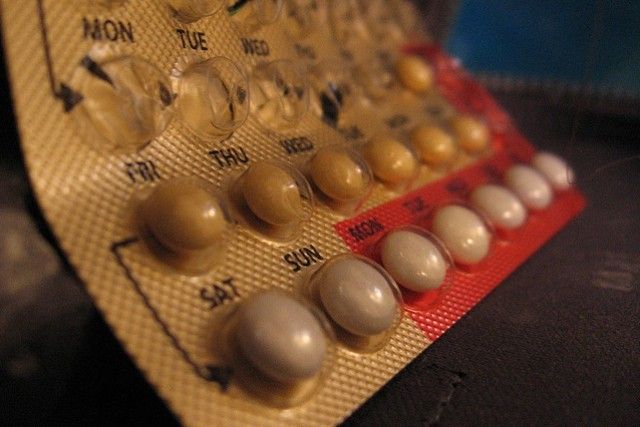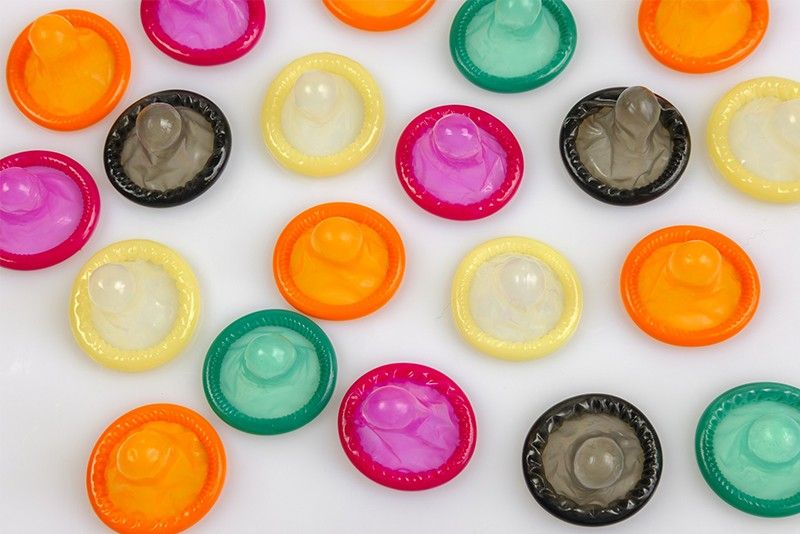Stop the shaming!
Why teens and women should be able to buy condoms without judgement
For Marie, it was condoms. She timidly asked the pharmacist for a pack of condoms. The woman’s eyes narrowed as she glared at Marie, and coolly asked to see her marriage license. When Marie said she didn’t have one, the pharmacist said she couldn’t sell her condoms.
In Ana’s case, she was at a Barangay Health Center, and she asked the midwife on duty to prescribe her contraceptive pills. The midwife immediately scolded her, saying she was too young and that she shouldn’t be slutty. She told Ana she would tell her mom what she was doing if Ana carried on.
Contraception and sexuality are so stigmatized in our country that this kind of judgmental behavior toward women and young people who try to access contraception is commonplace. It shouldn’t be.
We’ve all seen or heard about this kind of situation before. Maybe it has even happened to you. Contraception and sexuality are so stigmatized in our country that this kind of judgmental behavior toward women and young people who try to access contraception is commonplace. It shouldn’t be.

Many don’t recognize reality here because we often tout ourselves as a conservative country with Catholic morals and ideals. But our unplanned pregnancy stats as well as our high rates of HIV show that we talk the talk, but don’t walk the walk. People are having sex. Young people are having sex. Unmarried adults are having sex. And because many aren’t able to access the commodities, they end up having unprotected sex.
This has a terrible impact on our society. The Philippines has the highest teen pregnancy rate in the ASEAN region — double the rates of most of our neighbouring countries. Ours is the only teen pregnancy rate in the region that has steadily increased in the last 20 years. We have the distinction of being one of only a handful of countries worldwide where the incidence of HIV is still increasing. We also have high rates of sexually transmitted infections such as gonorrhea and chlamydia.
People are having sex. Young people are having sex. Unmarried adults are having sex. And because many aren’t able to access the commodities, they end up having unprotected sex.
When teen girls have an unplanned pregnancy, it usually means an end to their formal education, forever limiting their ability to participate in the formal economy. With 10% of Filipinas aged 15-19 already mothers, this collectively leads to the loss of billions of pesos in potential lifetime earnings.
HIV is no longer a death sentence and can be non transmissible. That is as long as the person living with HIV knows their status and receives treatment consistently. But getting screened for HIV is still stigmatized, making it intimidating for many young people to get tested. So, there are thousands of people who have HIV but do not know their HIV status.

In a 2019 study done by Roots of Health among 600 young people in Puerto Princesa, only 33% of respondents who said they were sexually active said they used condoms, while only 30% had visited a health facility for contraceptives. (Pixabay)
These reproductive health problems disproportionately affect young Filipinos under 35. We, as a young nation, have failed them with ineffective policies and hypocritical behavior.
Why do so many people shame those who are sexually active and trying to protect themselves from unwanted pregnancy and sexually transmitted infections? Many of these judgmental people are probably very nice and caring. But their behavior is indicative of broader societal issues.
Urban dictionary defines “virtue signalling”: “to take a conspicuous but essentially useless action ostensibly to support a good cause but actually to show off how much more moral you are than everybody else”. Virtue signalling is done by people like pharmacists and health workers when they believe that someone else’s actions are immoral and wrong, and they feel that to give them what they ask for condones the behavior.
Why do so many people shame those who are sexually active and trying to protect themselves from unwanted pregnancy and sexually transmitted infections?
But here’s the thing. Whether or not they are able to get the contraception they seek, people who are sexually active will still be sexually active. Being denied contraception just means they’ll be having unsafe sex. And will probably get pregnant or get an STI.
When health professionals tell us that they wouldn’t give a sexually active, unmarried teen contraception, we ask, “Oh, so you want them to get pregnant?” And they’re indignant and say, “Of course not!” But what they are failing to see is that when they deny access to contraception, or make it more difficult to access it because of shaming and discriminatory remarks, they are paving the way for unprotected sex, which can lead to unwanted pregnancy and infections.
What should we be doing?
We should confront our problems of teen pregnancy and HIV head on, instead of pretending these things don’t happen. There is no single solution that will solve these issues. But there are many things that we as a society can do that will help reduce the problems.
Parents can talk to their children about sexuality and why it’s not a good idea to have sex at young, early ages. Schools can implement comprehensive sexuality education so that young people learn about their bodies and their health, and will know how to protect themselves if and when they do start having sex. And health professionals (including pharmacists!) should not shame people who wish to use contraception, and should instead feel relief that those who are sexually active are trying to be responsible and stay safe.
If you find yourself passing moral judgments on other people, ask yourself why you’re doing that. And instead of being judgmental, consider learning more about the person’s situation and seeing if you can do something to help.
Health professionals should remember that they took an oath to do no harm. They don’t have to support or condone these behaviors, but as health professionals, especially those in government service, they are duty-bound to provide services.
The rest of us should also work to try to change our social norms. If you find yourself passing moral judgments on other people, ask yourself why you’re doing that. And instead of being judgmental, consider learning more about the person’s situation and seeing if you can do something to help. If you see other people displaying similar behaviors, encourage them in a non confrontational way to have a conversation, and try to withhold judgment. Actually listening to one another and practicing empathy and compassion is a much better and more effective way to improve things.


